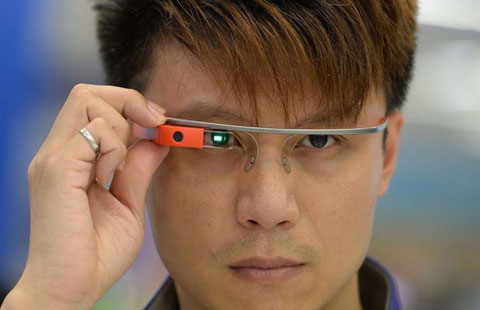Smaller, cheaper EVs may trump pricey Teslas
By Lyu Chang (China Daily) Updated: 2014-02-28 08:22"Of course, as a key link in the industrial chain, battery companies also benefit from it."
China has been actively promoting the use of environment-friendly vehicles in recent years. The Ministry of Finance announced last September a long-anticipated renewal of its incentive program for the use of new-energy vehicles.
|
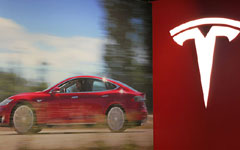 |
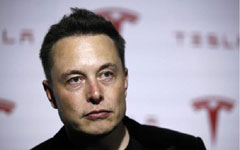 |
Xu Yanhua, deputy general secretary of China Association of Automotive Manufacturers, predicted that the National Development and Reform Commission is likely to announce the EV regulations within the next few months, opening the possibility of subsidies to boost the sector.
But the market in general still needs a period of cultivation because of lack of infrastructure and mature technology, she added.
"The products at the moment are unable to meet the market's expectations, which are also the problems that the mainstream electric carmakers are dealing with," she said.
China's sales of new- energy vehicles stood at only 17,642 in 2013, which still represented a rise from the 12,791 sold the previous year. The 2013 numbers included 14,604 electric cars and 3,038 plug-in hybrid vehicles, China Association of Automobile Manufacturers data showed.
Whether cheaper low-speed electric vehicles will be a major trump card for the Chinese remains unknown, but experts said the EV industry in China can grow in rural and suburban areas, where people are likely to have a garage for charging a vehicle, and then expand later into urban centers.
"In some cases, government should let the market decide who wins or loses and, in the EV sector, all we want is to have permission from the government to let us grow in the sunlight," said Lin Lianhua, vice-general manager of Shandong Shifeng (Group) Co Ltd, an electric car manufacturer. "After all, the sector is already playing an important role in the growth of China's homegrown car industry," he said.
|
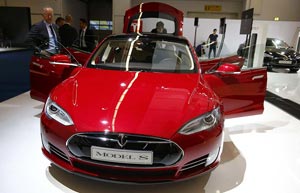 |
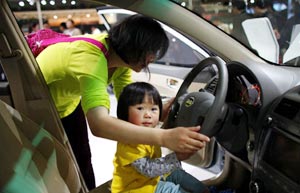 |
- PetroChina to sell pipeline business to accelerate mixed-ownership
- Center in HK added to Alibaba's growing cloud coverage
- China, Africa to keep extending economic cooperation: experts
- Bosideng rebranding could just be the Chinese dream in action
- China is not in danger of US-style housing crunch: US expert
- Roof garden in Liuzhou
- Just her cup of tea
- Nobody's home in 10.2m apartments, survey finds





